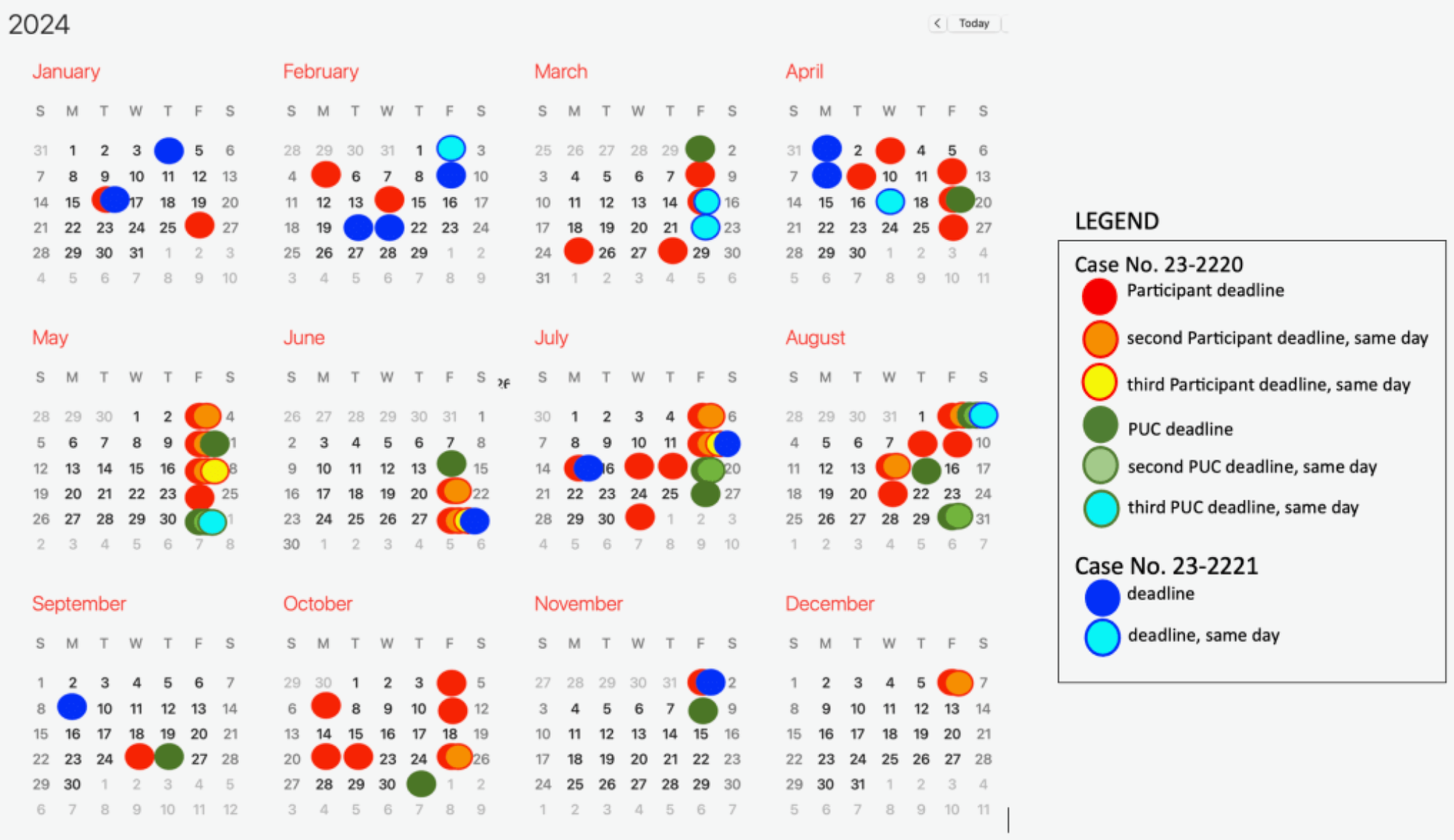The MADCAP policies of the Vermont legislature
by Annette Smith, Executive Director of Vermont's for a Clean Environment, Jan. 2, 2024
Legislators dictating Vermont’s energy future – or is that energy swamp? – would have done well to remember the engineering mantra “Keep It Simple, Stupid (KISS)”.[1] Instead, they ignored it, choosing their own approach, which can be aptly described as “Make As Darn Complicated As Possible”,[2] or MADCAP.
That is exactly what the last two legislative sessions have been: MADCAP.
The Democratic supermajority began with the tortuously complicated “Clean Heat Standard,” later rechristened the “Affordable Heat Act,” when the PR optics deteriorated as more people learned about the bill. Eventually, even the “True Believers” backing the legislation got addled by terms such as “carbon intensity value”, “default delivery agent,” “fuel pathway,” “obligated party,” and “thermal sector,” and they punted to the Public Utility Commission (PUC) hoping they would figure out what to do.
Cue MADCAP 2.0.
To wade through this swamp, the PUC created two cases and something called “Topic Tags,’ of which there are eleven. For each, the PUC may solicit comments, hold workshops, and ask for reply comments before issuing a decision.
The PUC has begun the process of mapping out its tasks and timing for this year, at the end of which it is supposed to report back to the complexity-punting Vermont Legislature.
I wanted to see what is due, when and by whom, so, I created a calendar. Having seen dozens of PUC schedules, I’ve been asked, “Is this normal?” My response: “Not in this part of the galaxy.” Typical schedules have a week or two between deadlines, giving parties the opportunity to put together comments, reply comments, review other parties’ comments, and all that is required of complex regulatory proceedings before the PUC.
I don’t fault the PUC. It is doing what the legislature told it to do in statute, delineating specific tasks, setting deadlines, and showing what is required to comply with the euphemistically-named Affordable Heat Act.
Each dot on my home-spun calendar represents a proposed deadline for a comment, a workshop, a reply comment, or a PUC decision. Three dates have three deadlines on the same day for participants. Two dates have four deadlines on the same day for participants. Two dates have three deadlines on the same day for the PUC. Forget summer vacation if you want to participate.
I’ve asked people familiar with PUC proceedings to look at this schedule, and the responses run from “crazy” and “insane” to “yougottabekidding!” Those are not words one typically uses for PUC proceedings. Certainly the proposed schedule is a deterrent to public participation. It also creates enormous demands on the entities that are directly affected by the outcome, especially the fuel dealers.
I have attended two workshops and a Technical Advisory Group (TAG) meeting. The TAG wants a facilitator, but there is no money for it. One workshop was about credit ownership, and it is no surprise that various participants had their hands out wanting to be the owner. Not to be outmuscled by their customers, Vermont Gas Systems, a wholly-owned subsidiary of a Quebec energy giant, wants to own them. Let’s just say the sharks sense blood in the water.
There was a workshop on funding the Affordable Heat Act. Not a lot of great ideas on that front. Nobody knows what it will cost, so how can a funding source be identified? Oh, wait, the amount of the funding is another topic that might require another workshop and rounds of comments.
Confused? Frustrated? Exhausted? Wait: No rest for the weary. There’s MADCAP 3.0.
Our legislators also took up the Renewable Energy Standard (RES), establishing a special committee – consisting of environmental and industry lobbyists, utility companies, housing officials, and four legislators – to update the existing RES. The Department of Public Service itself created a stakeholder group to look at various models for updating the RES (I served on the DPS group and observed the meetings of the other group).
The DPS group learned that any changes to the RES will raise rates. The legislative group somehow massaged the numbers to produce the message it wanted: Costs to consumers would increase, in its words, “slightly” How much? That was not a topic of discussion, but rest assured, an already-complicated RES is proposed to be further complicated. MADCAP rules!! Please don’t ask me to explain it. Just get ready to pay more.
One final observation: many of the very same legislators and lobbyists who say Act 250 has to be changed because it is just too complicated are those responsible for the mayhem and madness reflected in MADCAP in its many iterations. They are now proposing to create a complicated Tier system for Act 250 which will likely be punted to the Natural Resources Board to figure out. MADCAP 4.0?
